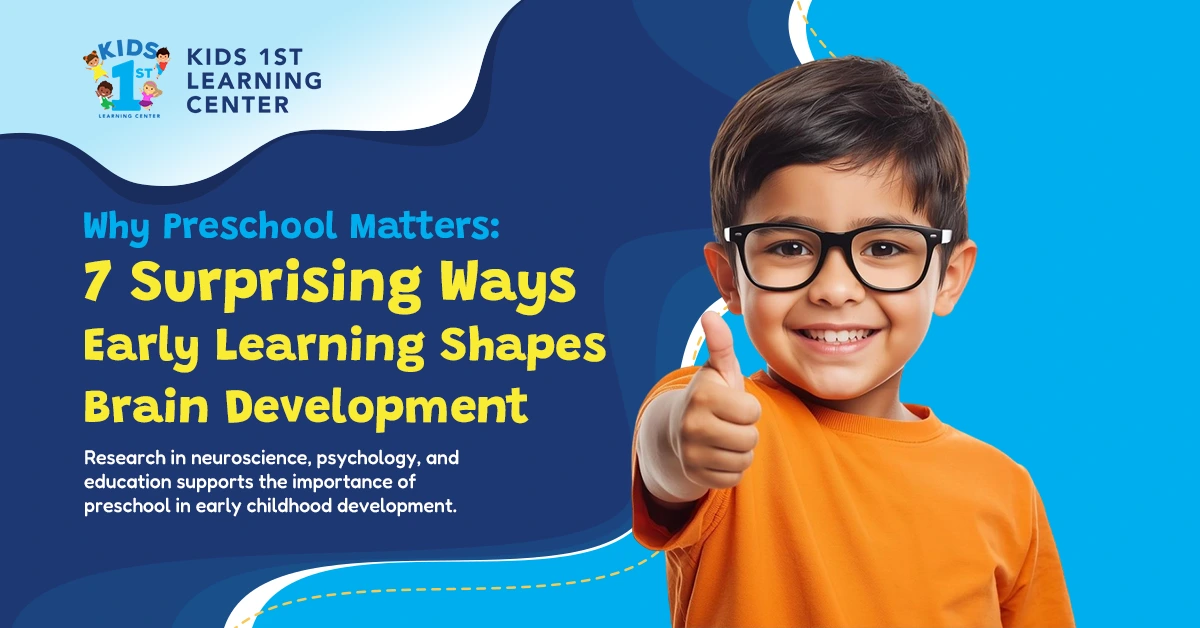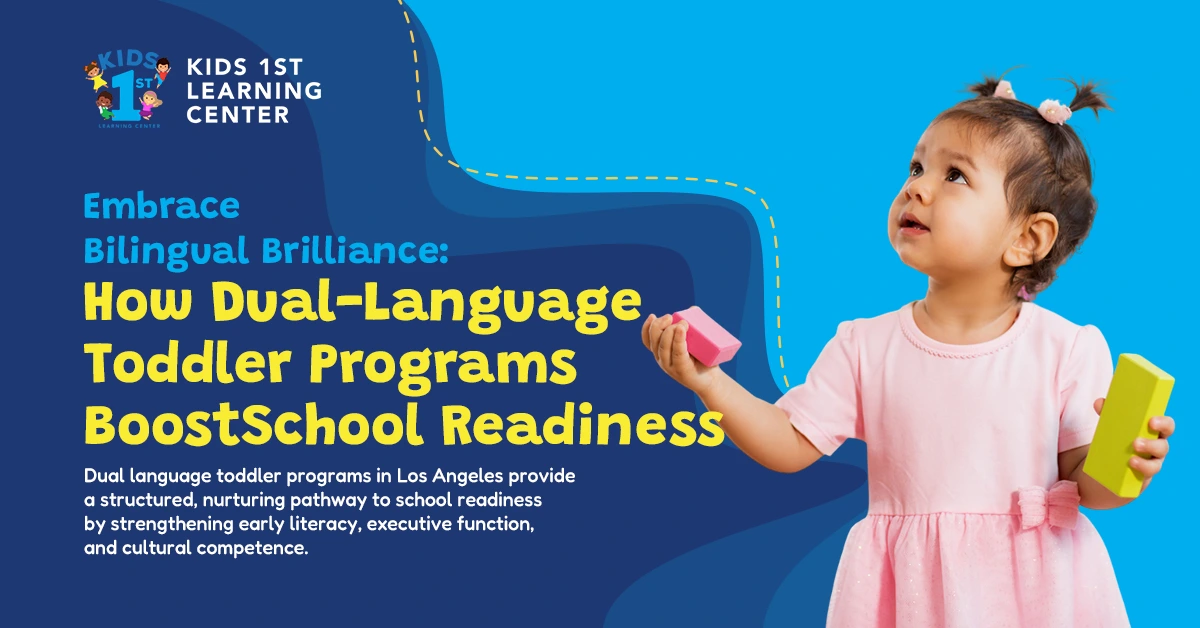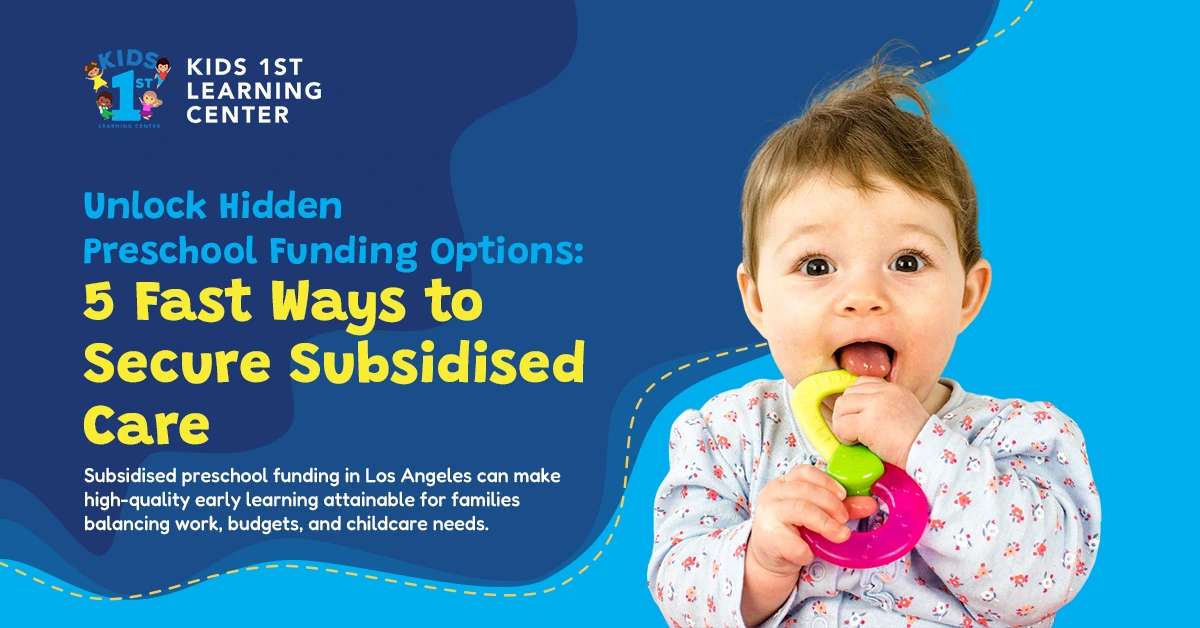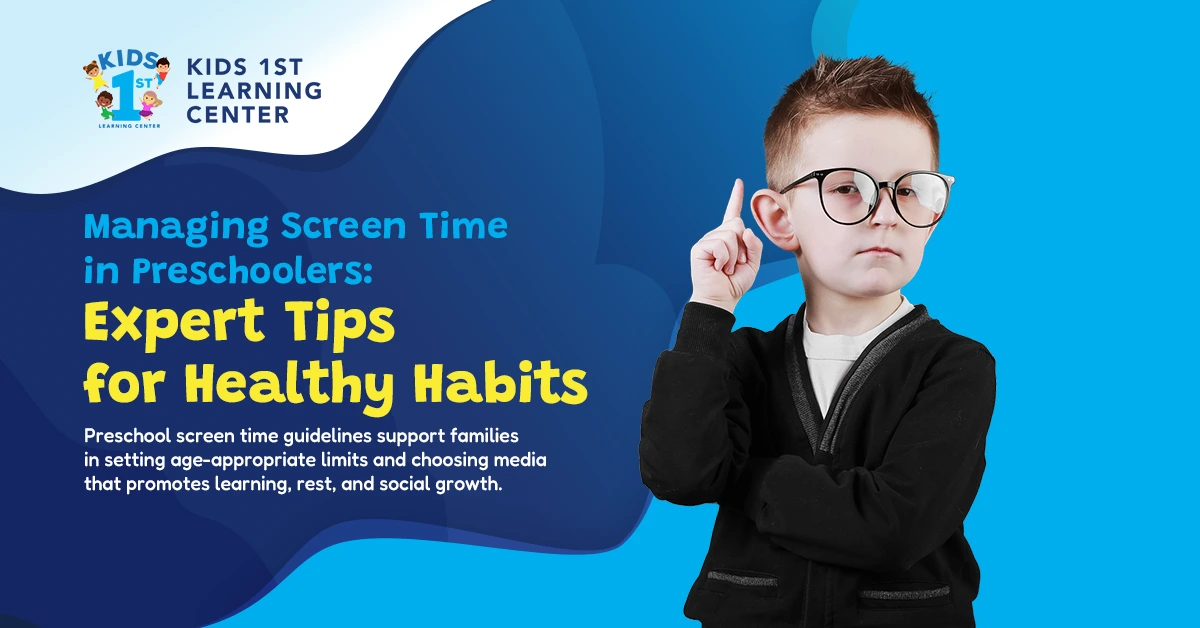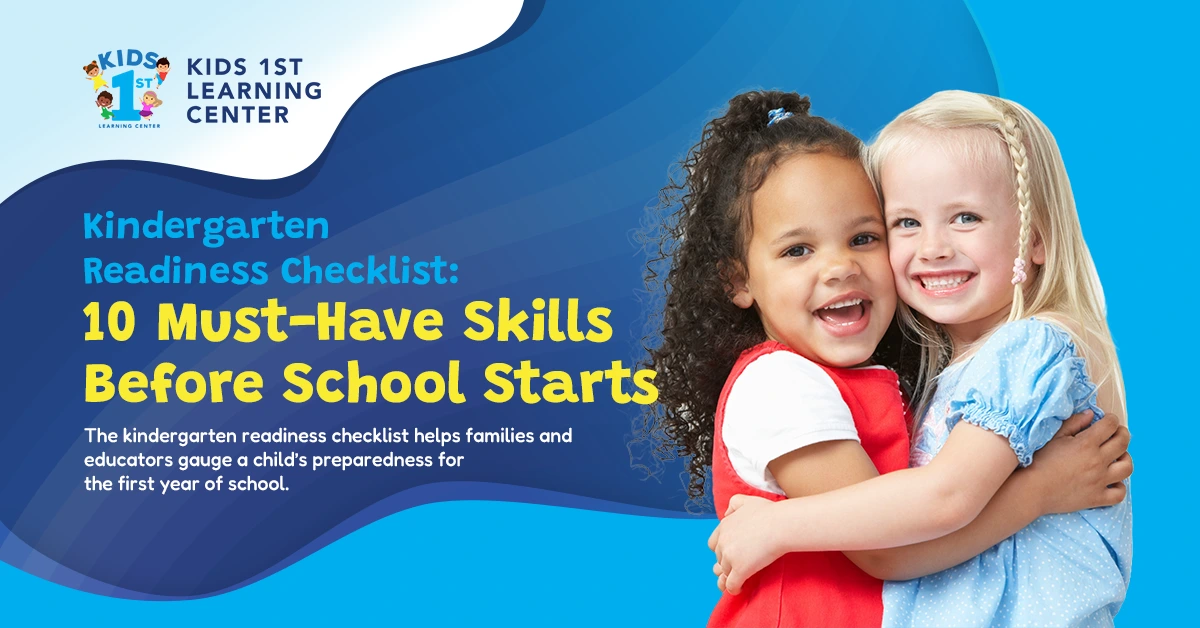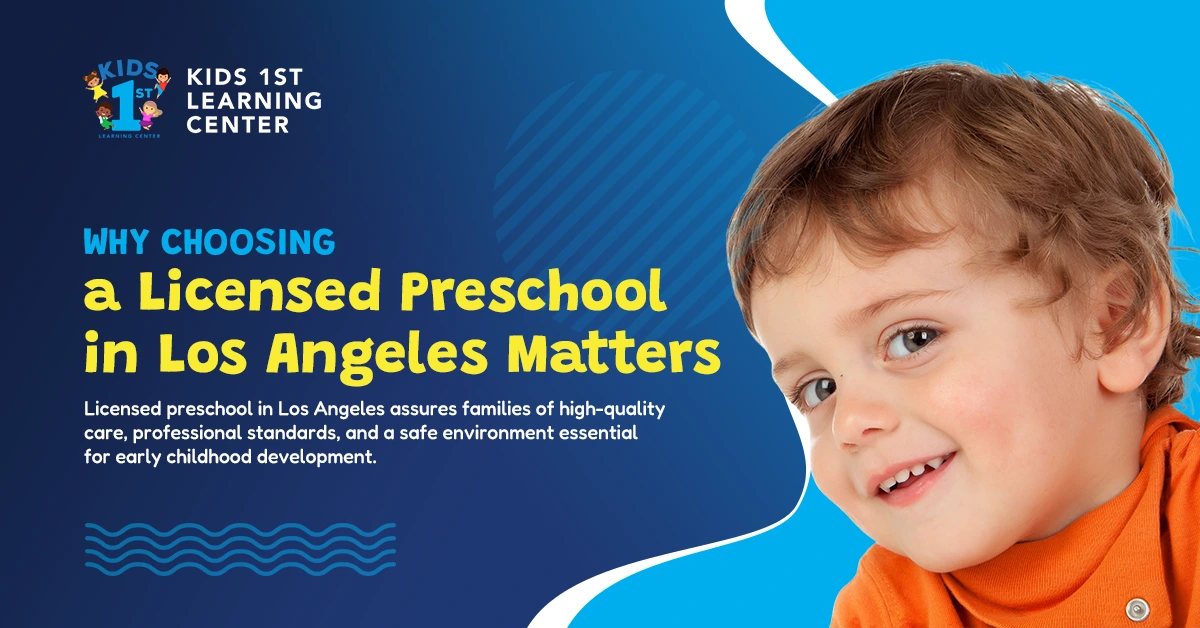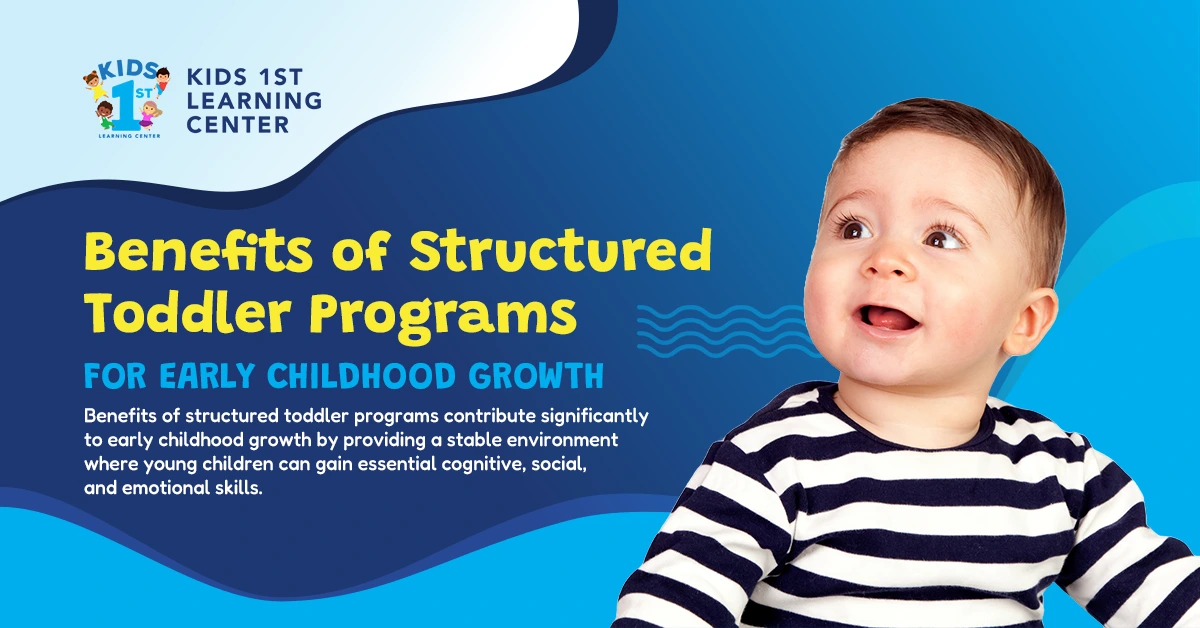When selecting the best preschool learning toys, parents and educators strive to find resources that spark curiosity and foster a love for science. At Kids 1st Learning Center, we understand the importance of early childhood education in growing young minds.
Our holistic approach emphasizes developing academic, emotional, social, and physical skills, ensuring each child thrives in a nurturing environment. This guide explores ten top-rated preschool learning toys that seamlessly blend fun and learning, setting the stage for a lifelong passion for science.
Best Preschool Learning Toys: Science Lab Kits
Science lab kits are excellent tools for introducing preschoolers to basic scientific concepts. These kits often come with child-friendly equipment such as test tubes, beakers, and measuring spoons, allowing children to engage in simple yet fascinating experiments. Through hands-on activities, children learn about mixing substances, observing chemical reactions, and understanding measurements.
Fun Experiments for Hands-on Learning
Volcano Eruption
Rainbow in a Jar
Magic Milk
Invisible Ink
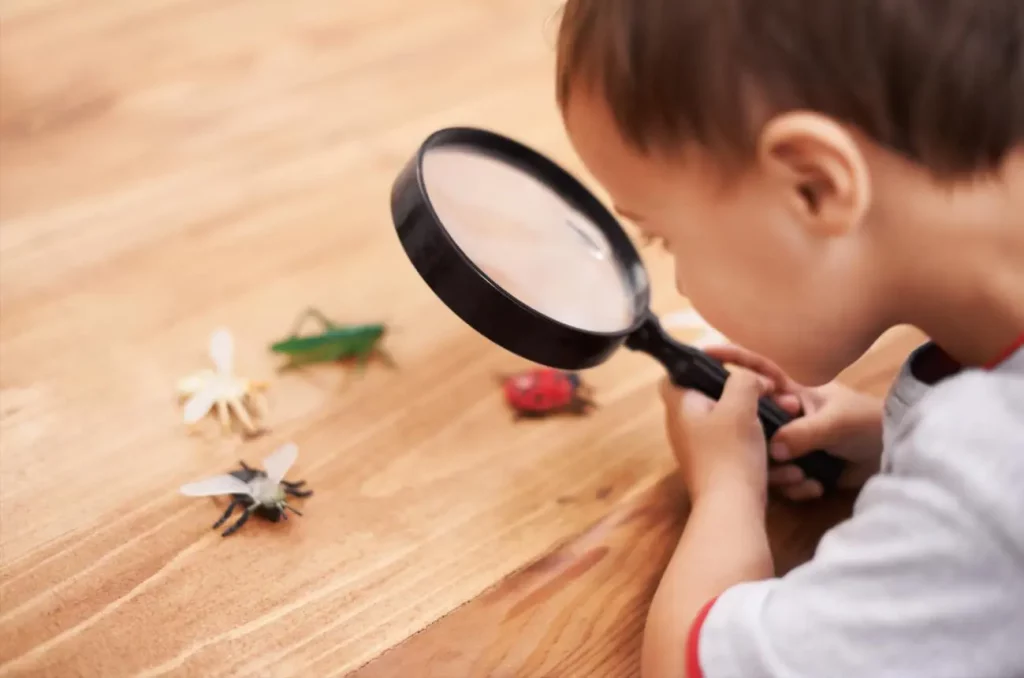
2. Best Learning Toys for Preschoolers: Nature Exploration Sets
Nature exploration sets are among the best learning toys for preschoolers, offering numerous opportunities to learn and explore the natural world. These sets encourage children to step outside and engage with their environment, fostering a sense of curiosity and wonder. By interacting with nature, children develop observational skills and learn to appreciate the diversity of life around them.
Tools for Collecting and Examining Nature
Magnifying Glass
Bug Catcher Kit
Plant Identification Cards
Binoculars
Rock Tumbler
Nature Journal
3. Preschool Electronic Learning Toys: Interactive Science Tablets
Benefits of Interactive Digital Tools
Enhanced Engagement
- Tablets capture children's attention with vibrant graphics and interactive elements, making learning more appealing.
- The immediate feedback from games and quizzes helps children understand concepts quickly and retain information better.
Personalized Learning
- Interactive tools adjust to each child's learning pace, offering a customized educational experience.
- Adaptive learning paths ensure that children are neither bored with repetitive content nor overwhelmed with difficult material.
Skill Development
- Tablets help develop fine motor skills as children navigate touch screens and manipulate objects within apps.
- Critical thinking and problem-solving competencies are enhanced through interactive puzzles and challenges.
Accessibility
- Digital tools make learning accessible anywhere, allowing continuous education at home or on the go.
- Many apps offer multilingual options, supporting children in learning new languages alongside science.
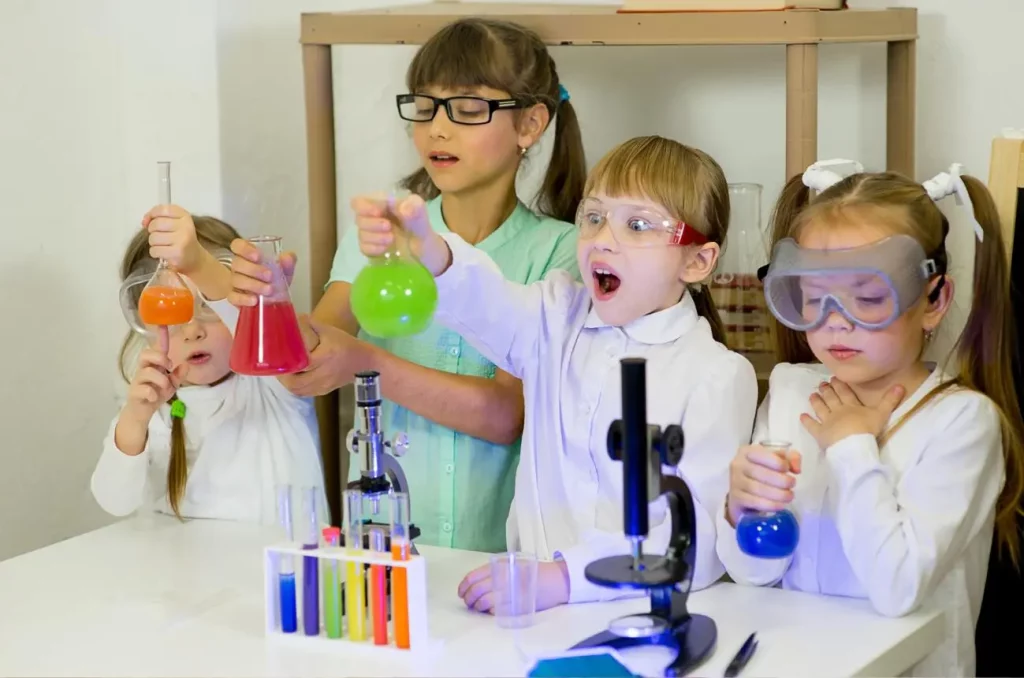
4. Classic Chemistry Sets: Safe and Educational Experiments
Building Foundational Knowledge in Chemistry
Observing Reactions
Measuring and Mixing
Hypothesis Testing
Exploring States of Matter
5. Excavation and Paleontology for Young Learners: Dinosaur Dig Kits
Developing Fine Motor Skills and Curiosity
Using Tools
Assembling Skeletons
Learning Through Play
Identifying Dinosaurs
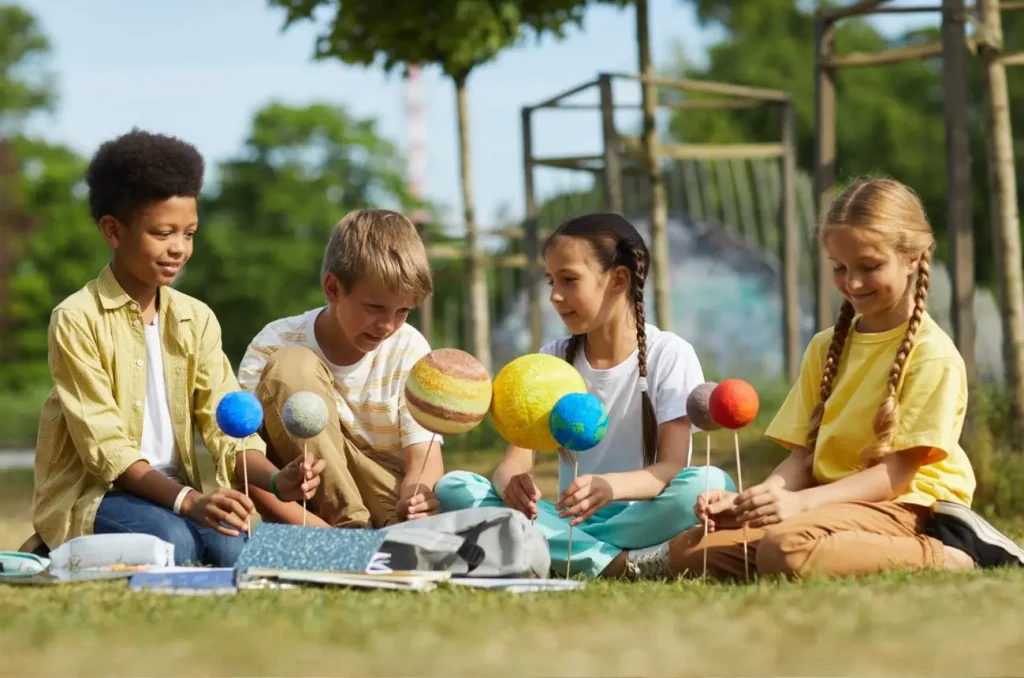
6. Exploring Space and Astronomy: Solar System Models
Visual and Interactive Learning about Planets
Planetary Layout
Orbit Demonstration
Solar System Facts
7. Understanding Magnetism and Engineering: Magnetic Building Blocks
Creative Construction and Problem-Solving
Building Structures
Pattern Recognition
Collaboration and Teamwork
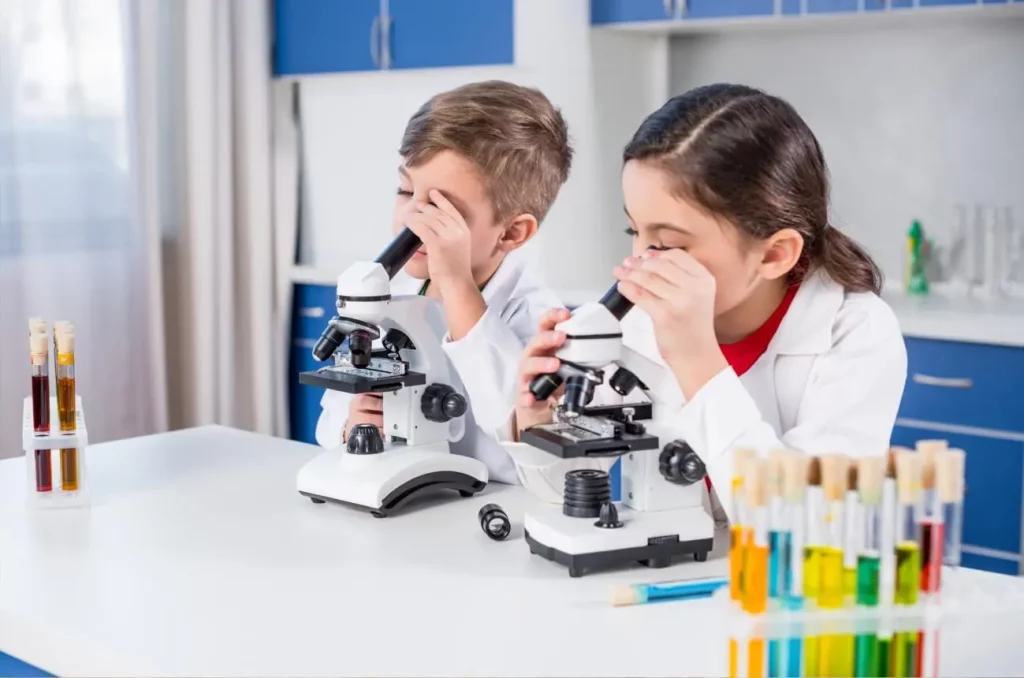
8. Introduction to Microscopy and Biology: Microscope Kits
Microscope kits are fantastic educational tools that introduce children to the fascinating world of microscopy and biology. By examining tiny objects and organisms, children learn about cell structures, microorganisms, and the intricacies of biological systems. Using a microscope helps develop a deeper understanding of how living things function and interact on a microscopic level, fostering an appreciation for the complexity of life.
Discovering the Microscopic World
Prepared Slides
Creating New Slides
Recording Observations
Exploring Different Magnifications
9. Learning about Meteorology and Climate: Weather Stations
Hands-on Tools for Tracking Weather Patterns
Thermometer
Barometer
Anemometer
Rain Gauge
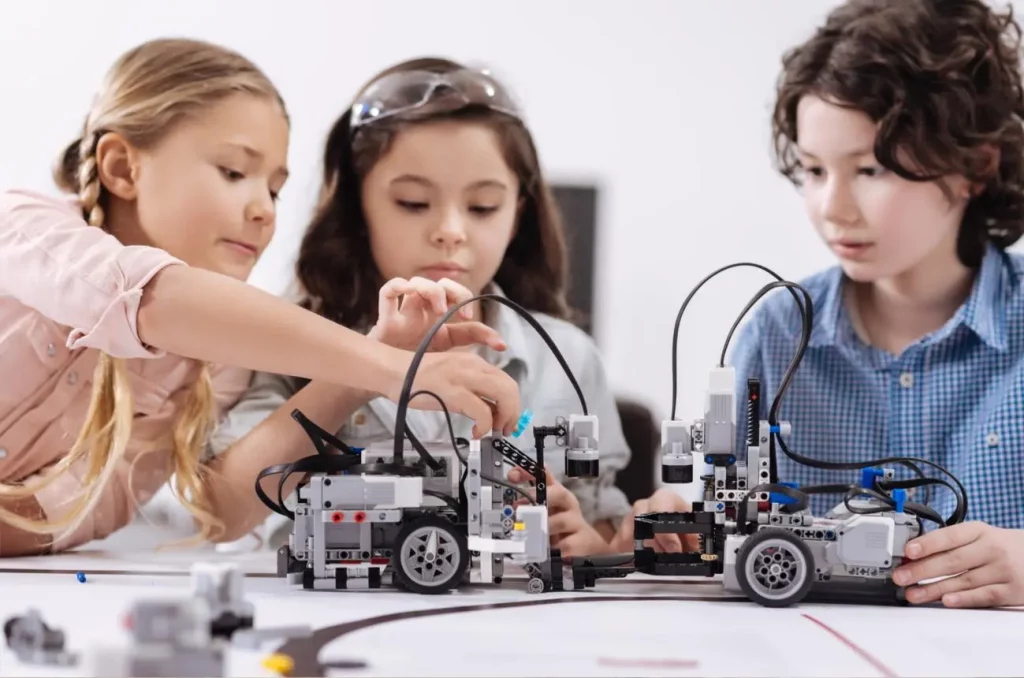
10. Basics of Robotics and Programming: Simple Robotics Kits
Encouraging Critical Thinking and Innovation
Building Robots
Programming Challenges
Experimentation and Iteration
Creative Projects
Conclusion
Exploring the best preschool learning toys can ignite a lifelong passion for science in young children. From hands-on chemistry sets and dinosaur dig kits to interactive science tablets and magnetic building blocks, these educational toys offer many opportunities for discovery and growth.
Each toy provides unique learning experiences, fostering critical thinking, imagination, and a deeper understanding of the world. Encouraging early interest in science through engaging and educational toys helps children develop essential skills and a love for learning that will benefit them forever.
Ready to spark your child’s curiosity with these amazing learning toys? Contact Kids 1st Learning Center or call (818) 873-0133 to learn more about our programs and how we foster a love for learning in every child.

